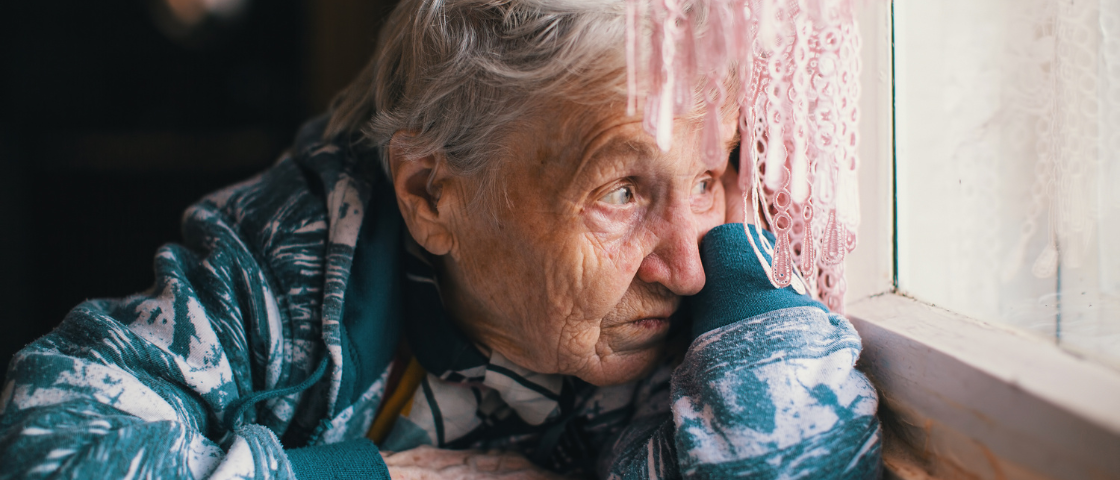Does Grief Accelerate Aging?
Yes, indeed – getting old before your time is a real thing, and losing someone precious can leave one more vulnerable to it.
A recent study suggests that experiencing the loss of a loved one can cause greater biological age in grieving survivors. “Biological age” here refers specifically to the body’s efficiency in particular ways, including cell resiliency and overall tissue and organ function. Youth’s optimal performance naturally declines year to year, decade to decade – a normal aspect of the aging process. The result of this decline in function is frequently development of chronic health conditions and diseases.
Grief’s impact on psychological and overall health has long been known, but this study is among the first to focus on impact on the processes of aging.
Evidence says
A Cambridge study followed a selected group though youth into adulthood and monitored health responses to losses.
Researchers look at highly particular, specific ways our genome changes as we age. Using mathematical models called “epigenetic clocks,” DNA can be measured for certain values at specific points. These points along the genome change reliably, with expected values at different stages of life.
The readings of those who had endured significant losses were comparable to those typical of chronologically older individuals.
While loss at any age can accelerate ageing, effects can be particularly severe for those affected during childhood and young adulthood – critical phases of emotional and cognitive development. And experiencing profound personal loss early (such as the death of a parent or sibling) can have extreme results that affect health negatively over time and throughout life.
Accumulation of loss
Results also shows greater effects on those who have experienced multiple losses (“accumulation of losses”), which appear to have significant effects at any age. The damage done can be permanent and do not seem to diminish over time.
Conditions associated with losing a very closed loved one include dementia, cardiovascular disease, and cognitive and other mental health disorders. The same have likewise been associated with experiencing the loss of multiple close relationships, with added increased risk of mortality.
It’s long been understood that the loss of a spouse after a lifetime together can result in the sudden death of the surviving spouse, a phenomenon experts call “the widowhood effect.” It goes along with the stories of death by broken heart, which can (but doesn’t have to be) fatal, and can be brought on by profound grief caused by any number of other types of loss… not just the death of a beloved.
The exact mechanisms of how grief can cripple even the youngest of us in unique ways, turning us frail before our time, aren’t perfectly understood yet, but science is working diligently to catch up to what many of us would prefer not to understand about the acute, often overwhelming powers of grief.




